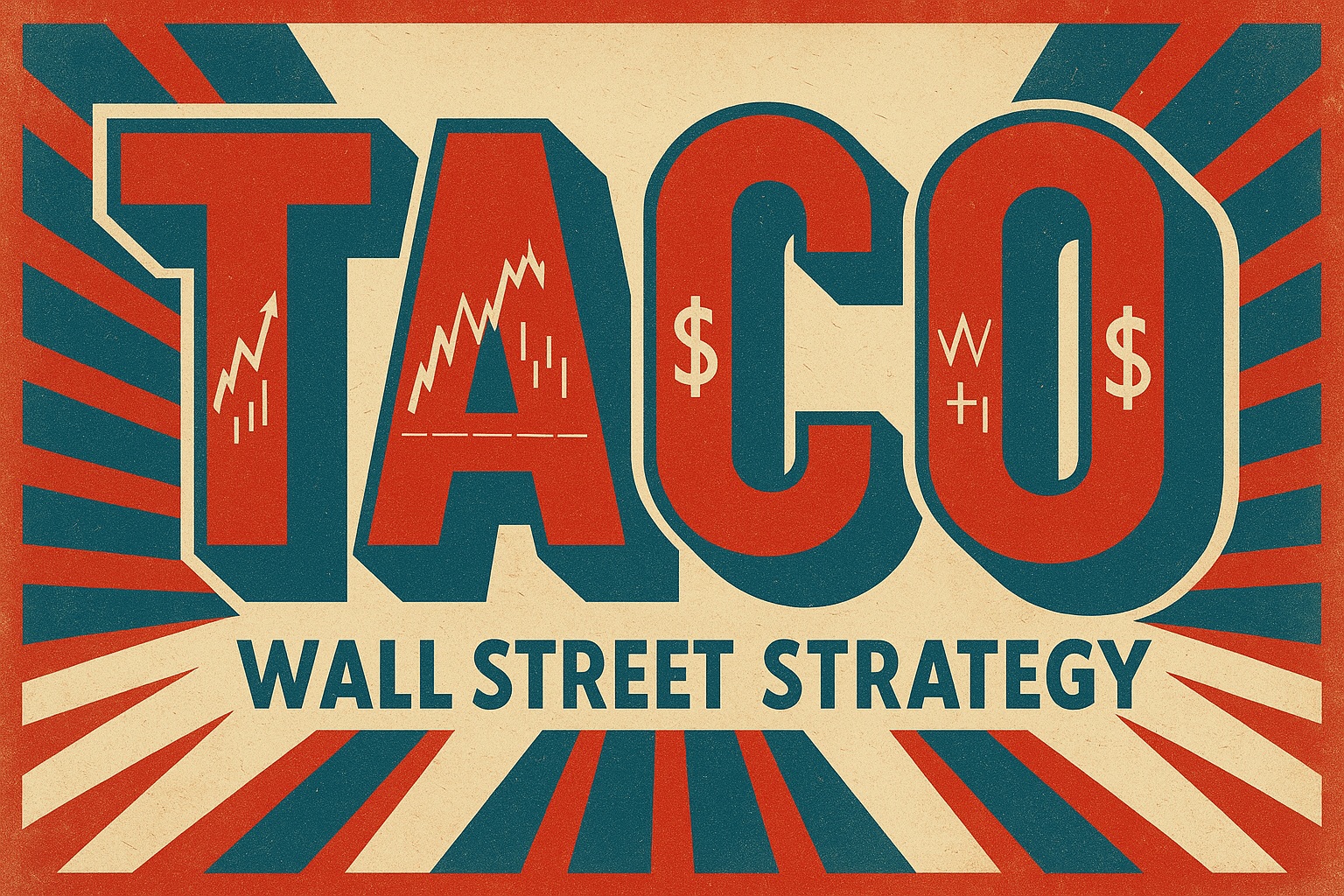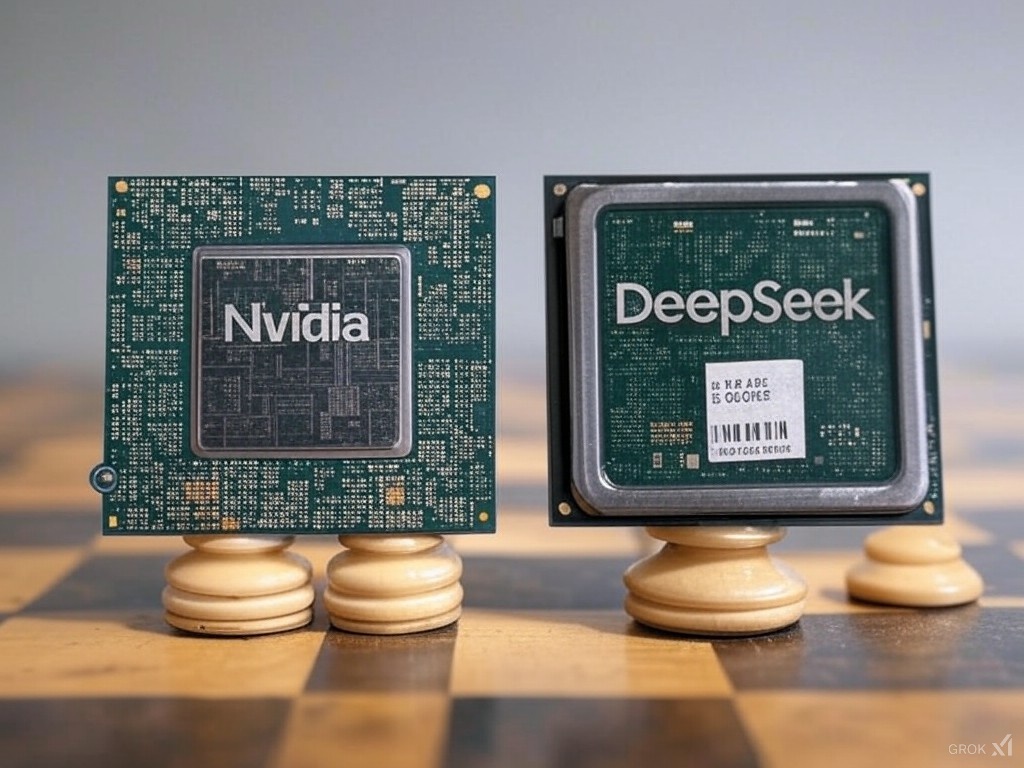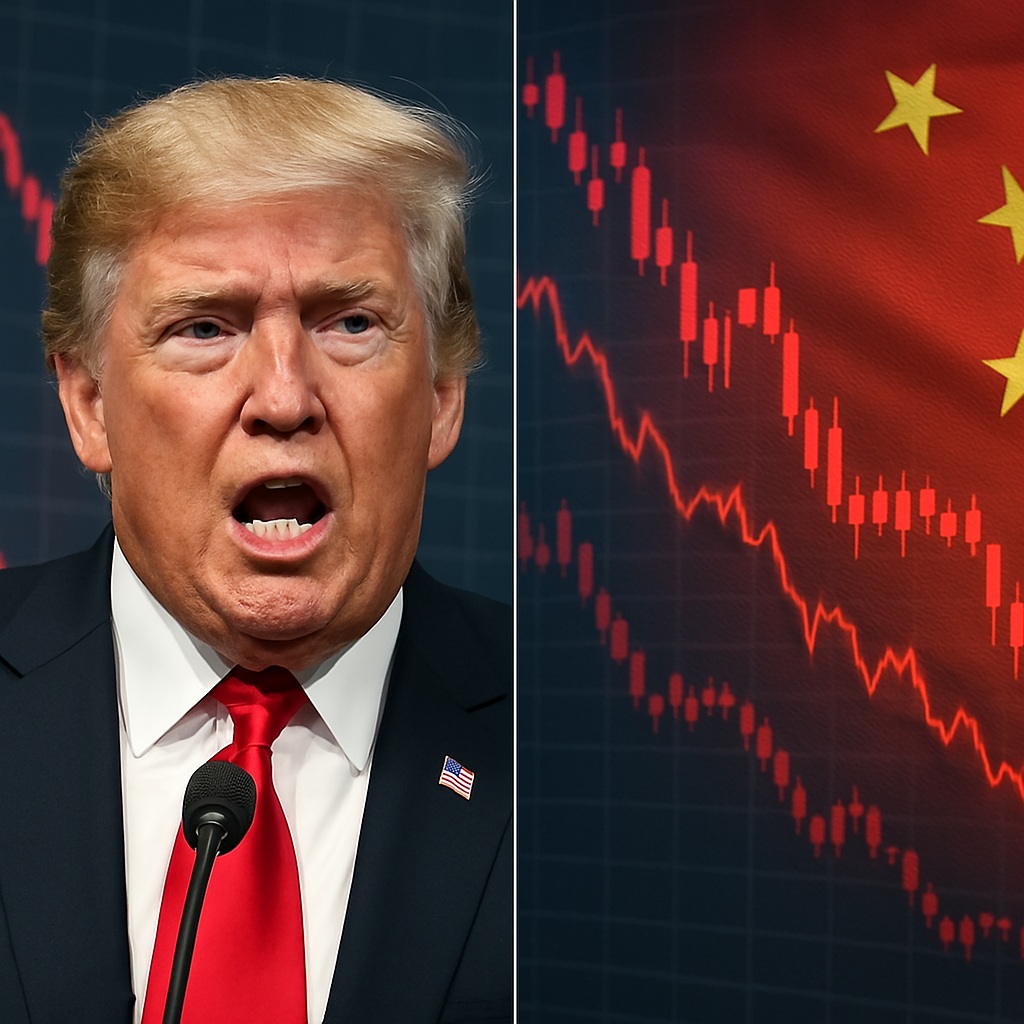Picture this: You’re the most powerful person in the world, sitting in the Oval Office for a press conference. A reporter asks you about something called the “TACO trade.”
Your response? You call it “the nastiest question” you’ve ever heard.
This actually happened to President Trump today, May 28, 2025. But what made him so angry wasn’t about Mexican food. It was about money. Lots of it.
The Acronym That Broke a President
Wall Street has a gift for creating memorable names. But they outdid themselves with “TACO.” It stands for “Trump Always Chickens Out.”
A Financial Times columnist coined this term after watching the same pattern repeat over and over. Trump announces major tariffs. Markets panic. Stocks fall. Then Trump delays or reduces the tariffs. Markets celebrate. Stocks rise.
It’s that simple. And that brutal.
The pattern became so predictable that traders started betting on it. They turned presidential policy into a trading strategy.
The Numbers Don’t Lie
Let’s look at what actually happened this year. The data tells the whole story.
The EU Tariff Rollercoaster
On May 22nd, 2025, Trump announced a 50% tariff on European Union goods. The stock market immediately dropped. Investors hate uncertainty, and this was uncertainty on steroids.
But here’s where it gets interesting. Just four days later, Trump delayed the EU tariffs until July 9. He said EU leaders like Ursula von der Leyen asked him to wait.
The market’s response? Stocks rallied hard.
The Global Tariff Shuffle
In April 2025, Trump announced “reciprocal” tariffs of up to 30% on goods worldwide. Markets got nervous again. Then, within a week, he cut those tariffs to just 10% for 90 days.
Another rally followed.
The China Flip-Flop
Trump hiked China tariffs to 145% in April. One month later, after trade negotiations, they dropped to 30%.
See the pattern?
Two Different Stories, Same Facts
Trump sees this completely differently than Wall Street does.
When reporters asked him about the TACO trade accusations, Trump got defensive fast. He insisted his actions were strategic negotiation, not backing down.
“It’s part of negotiation,” he said. He credited his tariff threats with jumpstarting trade talks that might not have happened otherwise.
From Trump’s perspective, threatening tariffs gets other countries to the negotiating table. When they agree to talk, he can afford to be flexible. It’s leverage, not weakness.
Wall Street sees it differently. They see a pattern they can profit from.
When Trump announces tariffs, they expect stocks to fall. When he delays or reduces them, they expect stocks to rise. The “TACO trade” isn’t about politics for them. It’s about making money.
The New Market Reality
This creates a strange new world for traders and investors.
Traditional economic analysis used to focus on fundamentals. Company earnings, economic data, industry trends. Now, personality psychology matters just as much.
Traders study Trump’s negotiating patterns like they used to study quarterly reports. They try to predict when he’ll announce tariffs and when he’ll back down.
Some traders have gotten really good at this. They buy stocks right after tariff announcements, betting that delays will follow. When they’re right, they make serious money.
But it’s not risk-free. What happens when the pattern breaks? What if Trump follows through on a major tariff without blinking?
Winners and Losers in the TACO Game
The Winners
Day traders love this volatility. Big price swings create opportunities for quick profits. If you can time the Trump announcement cycle, you can make money on both sides.
Companies that successfully lobby for tariff delays also win. The EU managed to push their 50% tariff back by over a month. That’s time to adjust supply chains and find alternatives.
The Losers
Long-term investors hate this unpredictability. It’s hard to plan for the future when trade policy changes every few weeks.
Businesses trying to run supply chains get hit hard. You can’t plan manufacturing and shipping when you don’t know what tariffs will look like next month.
International relationships suffer too. Trading partners never know if agreements will stick or change with the next news cycle.
What This Means for Your Money
If you’re trading or investing, the TACO pattern matters for your portfolio.
Short-term traders can potentially profit from the volatility. But you need nerves of steel and perfect timing. One wrong bet when the pattern breaks could wipe out months of gains.
Long-term investors might want to reduce exposure to companies heavily affected by trade policy. Or find sectors that benefit from uncertainty, like precious metals or certain tech stocks.
Crypto traders often see Bitcoin and other digital assets as alternatives when traditional markets get too volatile. Some treat crypto as a hedge against unpredictable government policy.
The Bigger Picture
The TACO trade reveals something important about modern markets.
Presidential personality now drives market movements as much as economic data. Social media and 24/7 news cycles mean every statement gets immediate market reactions.
This isn’t necessarily good or bad. It’s just the new reality.
Markets have always reacted to political events. But now the reaction time is instant, and the focus is as much on individual psychology as policy details.
What Happens Next?
The big question is sustainability.
Can this pattern continue indefinitely? What happens when everyone expects Trump to “chicken out”? Do the tariff threats lose their effectiveness?
Some analysts think the TACO trade has a shelf life. If Trump’s negotiating partners stop taking tariff threats seriously, he might have to follow through more often. That could break the pattern and catch traders off guard.
Others think the pattern is stable because it works for everyone involved. Trump gets his negotiations, trading partners get flexibility, and markets get predictable volatility.
The Bottom Line
Trump clearly doesn’t like being called out for the TACO pattern. But the market doesn’t care about his feelings.
What matters is whether the pattern continues and how traders can profit from it.
For now, Wall Street keeps using their brutal acronym. And traders keep betting on Trump’s next move.
The taco trade isn’t going anywhere. Whether that’s good for the U.S. economy is another question entirely.



